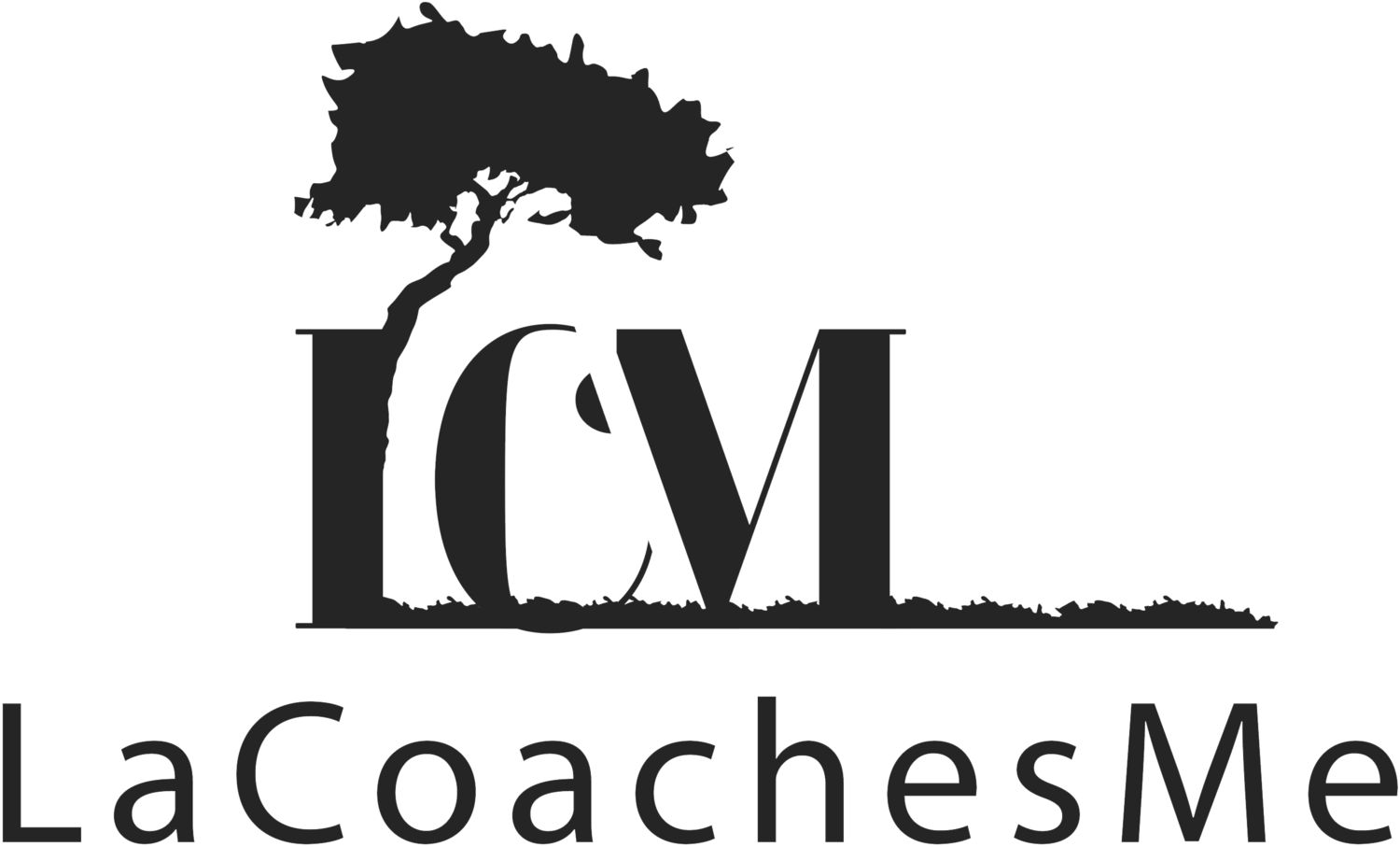Ubuntu
When MLK wrote from the Birmingham Prison that “the Negro's great stumbling block in his stride toward freedom is not the White Citizen's Councilor or the Ku Klux Klanner, but the white moderate, who is more devoted to "order" than to justice; who constantly says: "I agree with you in the goal you seek, but I cannot agree with your methods of direct action", he may have been talking about my parents.
My parents were white moderates.
Not in America but in South Africa during the last decades of the racist Apartheid regime. Not that they weren’t entrenched in core Jewish values of justice, charity and community. No, they were generous, caring and deeply grateful for their privilege.
But my parents were also traumatized immigrants, having fled Germany and Eastern Europe just before the Nazi’s and Poles shut the escape routes. The refuge they had found in Johannesburg was a life saver and they felt beholden to the state for our safety. Stay low and stay safe.
As teenagers however, my brothers and I would have none of it. We were born in South Africa, second generation citizens and as such felt both entitled to have our voices heard, and responsible to make them heard.
Had we not been taught that there is no safety for anyone without justice? Were we not raised on the fundamental truth that all men are born equal?
And so it was that dinner time at home became trench warfare. Us children declaiming that you are either on the side of the oppressed or on the side of the oppressor. You can't be neutral. My parents insisting that this is not the time, and it is not really our business. Besides, we could lose everything ..again.
While MLK was leading the river of change in America, Nelson Mandela, Desmond Tutu and others were fighting the good fight in South Africa. There was a fervor for freedom all over the world. And the voice of MLK was inspiring civil rights activism all through late colonial Africa. As he often said, “Injustice anywhere is a threat to justice everywhere.” He showed us a way of framing local struggles as part of a greater whole.
My parents were right. And so were we. There was a price to pay for disobeying unjust laws, for rabble rousing in the name of justice. MLK intuited that he would not reach the promised land and tragically paid the ultimate price. In my family, we had the secret police drop dead animals on our doorstep, ransack my brothers room for contraband, lock him up to keep him from leading student protest rallies.
Like my parents, I too am an immigrant. But I come to America by choice, not in flight. Therein lies the difference. I am beholden to the structures and the justice system of this country but I am also beholden to my Jewish values and lineage.
There is a core Jewish precept called Tikkun Olam. It is the idea that Jews bear responsibility not only for their own moral, spiritual, and material welfare, but also for the welfare of society at large. And I have been fortunate to find Pardes, a mostly Jewish community here in Kitsap county that lives by these precepts.
MLK in his vision of the Beloved Community described Tikkun Olam another way:
“Life's most persistent and urgent question is, 'What are you doing for others? And if I cannot do great things, I can do small things in a great way”
Anglican Archbishop Desmond Tutu died 3 weeks ago. He had been awarded the Martin Luther King Jr. Nonviolent Peace Prize by Coretta King in 1986 and his moral compass aligned beautifully with MLK. On this day I would like to invite in his memory too. Famously he said:
“Africans believe in something that is difficult to render in English. We call it ubuntu. It means the essence of being human. It speaks about humaneness, gentleness, hospitality, putting yourself out on behalf of others, being vulnerable. It embraces compassion and toughness. It recognizes that my humanity is bound up in yours, for we can only be human together.”
My humanity, bound up in yours no matter your race, color, creed, ethnicity or immigration status!
I want more of that.
